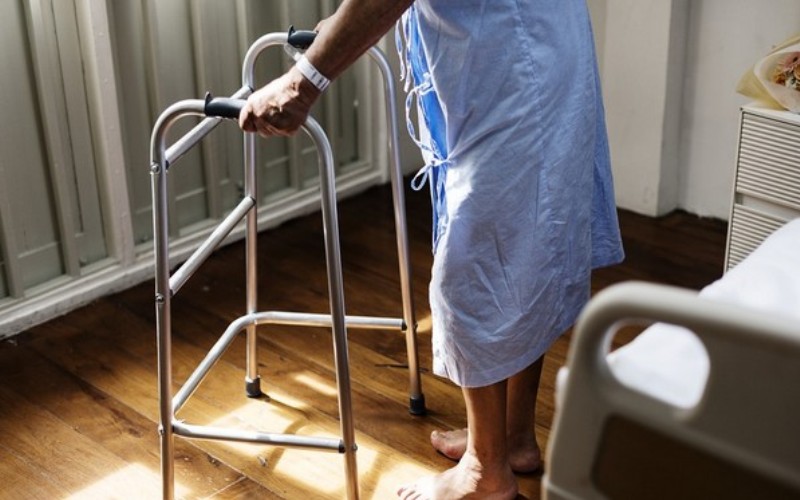Washington: A new study now finds that emergency and urgent hospitalisations are associated with an increase in the rate of cognitive decline in older adults.
The report was conducted by researchers at Rush University Medical Centre and the results of their study were published in the online issue of Neurology. The study shows that hospitalisation may be a more of a major risk factor for long-term cognitive decline in older adults than previously recognised.
Speaking about the study, Bryan James, who is associated with the study, said, “We found that those who have non-elective (emergency or urgent) hospitalisations and who have not previously been diagnosed with dementia or Alzheimer’s disease had a rapid decline in cognitive function (i.e., thinking abilities) compared to the prehospital rates.”
The epidemiologist and assistant professor in the Rush Department of Internal Medicine further added that in comparison, people who were never hospitalised and those who had elective hospitalisations did not experience any drastic decline in cognitive function.
The study compared hospitalisation data and cognitive assessments for 777 older adults and found that of the total, 460 were hospitalised at least once over an average of almost five years of observation.
Of those who were hospitalised, 222 (29 per cent of the total study population) had at least one elective hospital admission, and 418 (54 per cent) had at least one non-elective hospital admission.
These groups included 180 participants (23 per cent) who had both types of hospitalisations.
According to the researchers, non-elective hospitalisations were associated with an approximately 50 per cent acceleration in the rate of cognitive decline from before hospitalisation, and a rate of cognitive decline that was more than double the rate in persons who were not hospitalised. Elective hospitalisations, however, were not associated with acceleration in the rate of decline at all.
The work expands upon previous research which shows that after being hospitalised, older adults are at a high risk for cognitive problems, including both transient and long-term delirium including dementia.
[source_without_link]ANI[/source_without_link]

